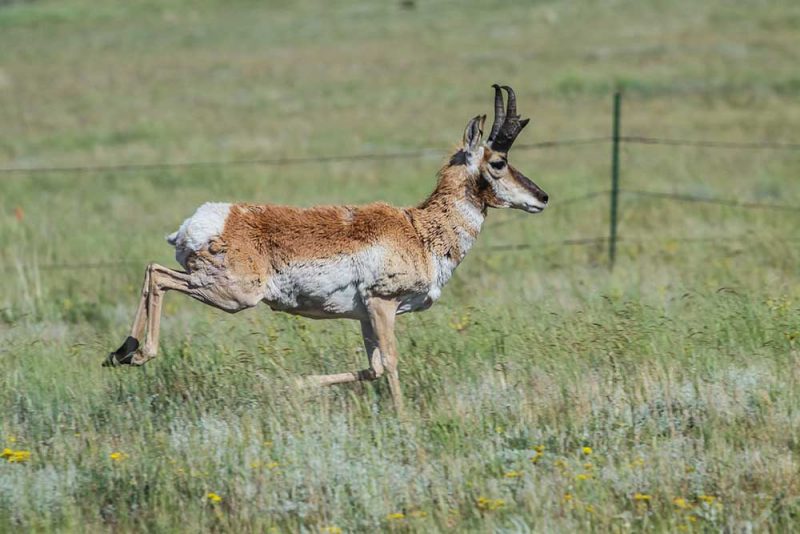UTAH HUNTERS ENCOURAGED TO HAVE DEER CHECKED – The Utah Division of Wildlife Resources (DWR) is urging hunters who participate in the 2024 general-season rifle deer hunt to help monitor chronic wasting disease (CWD) by having their harvested deer tested at check stations. CWD is a fatal neurological disease affecting deer, elk, and moose, caused by infectious proteins known as prions. These prions spread through direct contact between animals or via contaminated environments, and the disease has been slowly spreading across North America. Though it hasn’t reached severe levels in Utah, it has been detected in certain regions, such as central and northeastern Utah .
During the rifle season, the DWR sets up check stations to facilitate voluntary testing for CWD. While hunters are not legally required to stop, they are encouraged to bring their harvested deer to these stations for testing. By doing so, hunters contribute to critical research that helps wildlife biologists track the spread of the disease and its impact on local deer populations. The DWR relies on data collected from these tests to make informed decisions about wildlife management and disease control.
For those unable to visit a check station, the DWR provides drop-off locations where hunters can leave the heads of their harvested deer for testing. These drop-off sites make it easier for hunters to contribute to disease monitoring even if they can’t stop by a check station. After the tests are conducted, the hunters are notified if their deer tests positive for CWD, although the disease has a slow progression and typically takes over a year to show visible symptoms in infected animals.
CWD has been present in Utah since at least 2002, primarily affecting deer in specific areas. The testing program has revealed that the prevalence of the disease remains relatively low but continues to require close surveillance. In 2022, out of the 4,800 deer tested, 42 tested positive for the disease. This underscores the importance of ongoing monitoring to prevent CWD from spreading more widely and causing greater harm to Utah’s deer populations .
By participating in the voluntary testing, hunters not only help protect wildlife but also ensure a sustainable hunting environment for future generations. The data collected supports efforts to manage deer populations responsibly and minimize the impact of this debilitating disease. For additional details on testing locations and procedures, hunters can visit the DWR website .















